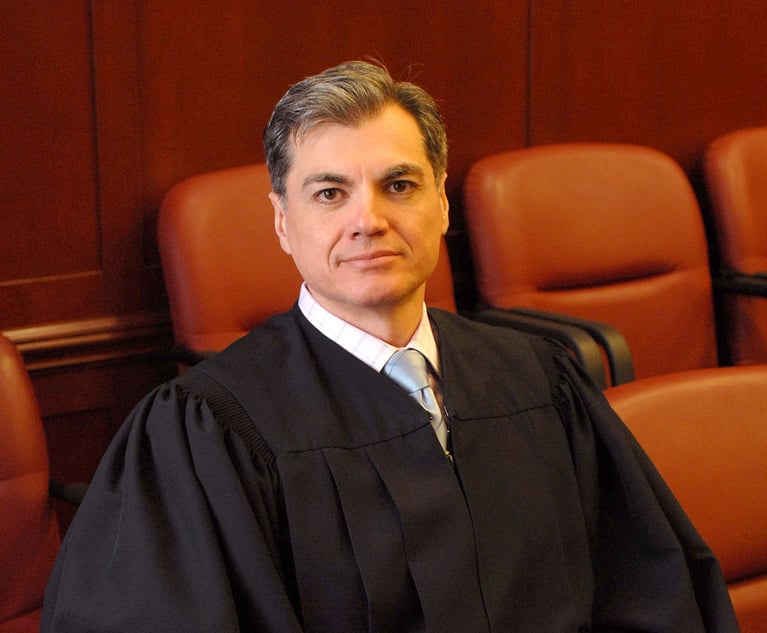A group of AT&T account executives in New York and New Jersey suing the telecommunications company for unpaid overtime wages were granted final class certification on their federal and state claims, U.S. District Judge Analisa Torres ruled late Thursday.
The suit in the U.S. District Court for the Southern District of New York initiated in 2013 over allegations the account executives that work with local brick-and-mortar retailers to sell AT&T’s wireless services were typically on-call seven days a week, beginning as early as 8 a.m. and extending as late as 10 p.m. While receiving a base salary plus a commission based on sales, the employees were exempt from overtime pay mandated under the Fair Labor Standards Act, as well as local New York and New Jersey laws.


 (Photo: John Disney/ALM)
(Photo: John Disney/ALM)





